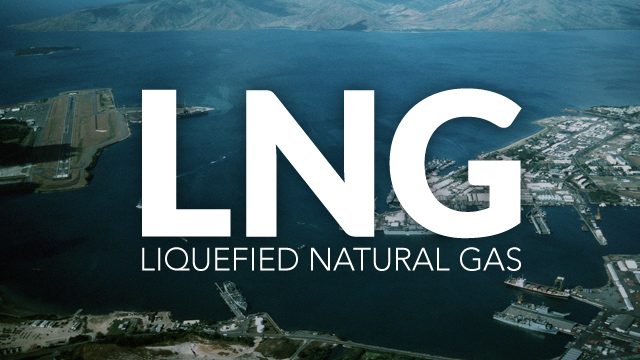SUMMARY
This is AI generated summarization, which may have errors. For context, always refer to the full article.

MANILA, Philippines – Leading Chinese clean energy firm Jovo Group Company Ltd Guangdong (Jovo) revealed plans to use Subic Bay for ship-to-ship (STS) operations, and possibly as a regional hub in the long term, according to the Subic Bay Metropolitan Authority (SBMA).
The transfer operations will involve the carriage of oil tankers of liquefied natural gas (LNG) from the Asia-Pacific, which will then be transferred to smaller vessels bound for ports in China, said the SBMA on Thursday, October 20.
The transfer is necessary as most Chinese ports cannot accommodate bulk carriers due to depth issues.
Jovo International Business general manager Yuan Lu previously announced in a public consultation that the LNG will be brought to Subic Bay from Australia and Indonesia through a 94,000-ton carrier.
The cargo will then be transferred while at sea to a smaller 47,000-tonnage capacity ship bound for China.
Lu said Jovo will assess the operations in Subic within 5 years to determine if it should set up a regional hub there, which could deliver LNG to the local market and the rest of Southeast Asia.
He added that Jovo’s long-term plan is to introduce the LNG to local markets in the Philippines, especially those in the transportation sector.
China Classification Society (CCS) senior engineer Fan Hong Jun said the Port of Subic stands to “earn tens of millions of pesos” from the services, including tugboat services, port services, and anchorage.
More revenue, he added, can also be derived indirectly through payments for tugboats, chandlers, bunkering, and food supplies.
‘Environment-friendly’ LNG
The engineer gave assurances that the transfer operations would be environment-friendly.
Fan noted that LNG is safer than highly combustible gasoline or liquefied petroleum gas in case of spillage.
“It burns slowly, and does not mix with water nor kill fish or any other marine life. LNG is very environmental-friendly,” he said.
The SBMA also held public consultations on the matter, attended by local fishermen, the Philippine Coast Guard, Philippine National Police (PNP) Maritime Group.
Laureano Artagame, chairman of the Subic Bay Fisheries and Aquatic Resource Management Council (SBFARMC), said the consultation had threshed out some of the important issues that could arise from the STS operations.
He noted that large ships often occupy the fishing areas of small fishermen in Subic Bay, but with the consultations, accidental “intrusion” can now be avoided. – Rappler.com
Add a comment
How does this make you feel?
There are no comments yet. Add your comment to start the conversation.